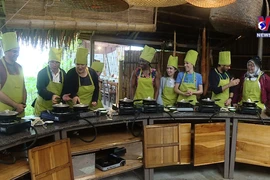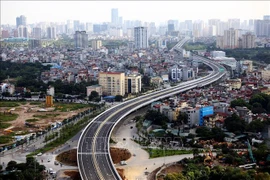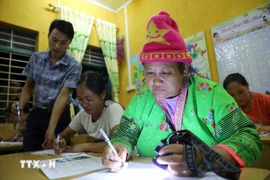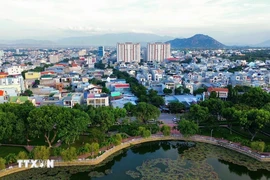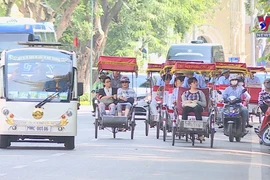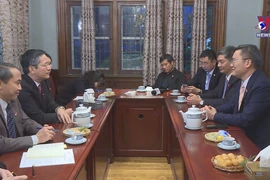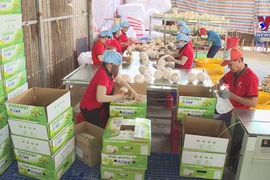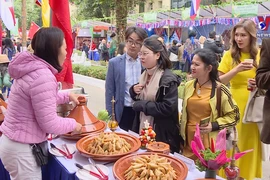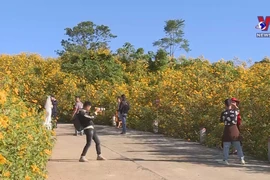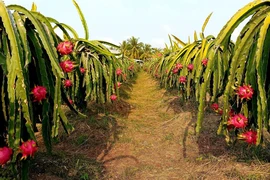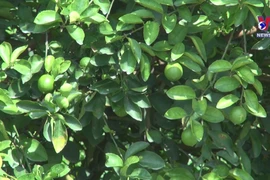The Directorate General of Foreign Trade of India said in a notification "Import policy of agarbatti and other odoriferous preparations which operate by burning ...is revised from free to restricted".
The decision has made an impact on Vietnam which accounts for 90 percent of India’s agarbatti imports.
In the past, each month an agarbatti workshop can sell about 100 tonnes of incense sticks, earning nearly 90,000 USD. However, since early September, many units have faced difficulties in exporting their products. Some of them even considered close-down.
Quang Phu Cau commune in Hanoi’s Ung Hoa district has five hamlets with 3,300 agarbatti production units, which mainly export their products to India. The recent move to curb import of agarbatti products from Vietnam has made impacts on the trade village.
Vietnam’s Ministry of Industry and Trade said India’s restriction on its import of agarbatti from Vietnam because Vietnamese products are much cheaper than those of the same kind in India. In addition, products imported from Vietnam have also enjoyed preferential tariffs from the ASEAN-India Trade in Goods Agreement, hurting many Indian agarbatti businesses./.

